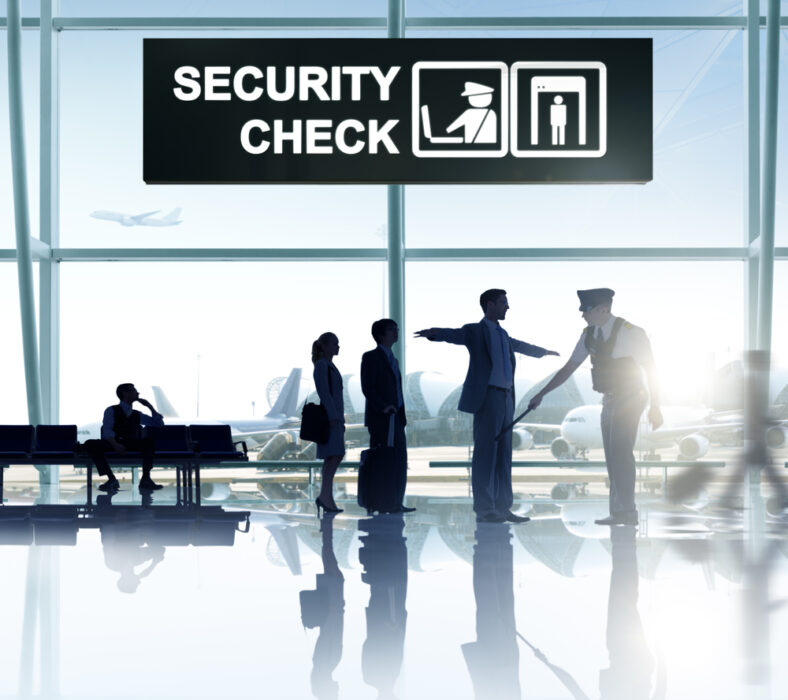WASHINGTON – Think you’re safe on a plane? Federal undercover investigators who sneaked prohibited items with alarming ease past Homeland Security Department airport screeners have also smuggled simulated bombs and weapons aboard planes during tests as far back as September 2002, U.S. audits show.
Results of the latest undercover test are classified, but members of Congress said mock explosives, weapons and other prohibited items went unnoticed in 67 out of 70 tries at Transportation Security Administration airport checkpoints.
Rep. John Mica, R-Fla., who helped establish TSA in the aftermath of the Sept. 11, 2011, terrorist attacks and has since become a vocal critic of the agency, said the latest audit results are anything but a surprise.
“I’ve seen far worse. The results I’ve gotten back are even worse than what you see being released here,” Mica said, describing other classified reports that he has ordered or reviewed.
The Government Accountability Office has identified serious problems detailing security failures under TSA as far back as 2002.
Investigators in 2007 passed through security checkpoints with “components for several improvised explosive devices and an improvised incendiary device concealed in their carry-on luggage and on their persons.”
A report a year later noted other problems, though details remain classified. That audit said the agency made 43 recommendations to fix security gaps over a five-year period.
More recently, Homeland Security Inspector General John Roth disclosed earlier this year that a convicted felon and former member of a domestic terrorist organization was allowed to use an expedited airport screening lane. The TSA PreCheck can be accessed by passengers who enrol in the program and submit to a background check to ensure they are a low risk to security. But TSA also selects some passengers for the expedited screening based on biographical data provided to airlines, including a passenger’s name and date of birth. The felon, who had been convicted of murder and explosives-related offences, was approved to use the expedited screening late despite his background and concerns from a TSA officer who recognized him as a criminal.
Roth’s office also conducted the latest undercover investigation and sent a classified report to the department. ABC News first reported the results of the newest audit.
White House spokesman Josh Earnest said Tuesday that passenger screening “is only one level of security that is in place in airports across the country. Our efforts to develop a multi-layer security approach means that we have effective measures in place to counter threats to our aviation system.”
He said President Barack Obama continues to have confidence “that officers at the TSA do very important work and continue to protect the American people and continues to protect the American aviation system.”
Following disclosure of Roth’s latest findings, Homeland Security Secretary Jeh Johnson announced corrective steps within TSA and said he was reassigning the acting TSA administrator, Melvin Carraway, to a different job within the department. Acting Deputy Director Mark Hatfield has been tapped to lead to the agency on an interim basis.
Obama has nominated Coast Guard Vice Adm. Pete Neffenger to lead the agency.
The immediate changes weren’t enough for some lawmakers, including Mica.
Sen. Chuck Schumer, D-N.Y., on Tuesday urged a broad review of the agency.
“It’s just utterly amazing that out of 70 attempts to breach the TSA barriers from taking dangerous things into airports and on planes, that 67 got through,” Schumer told reporters.”This is alarming. They need a top-to-bottom look at this.”
